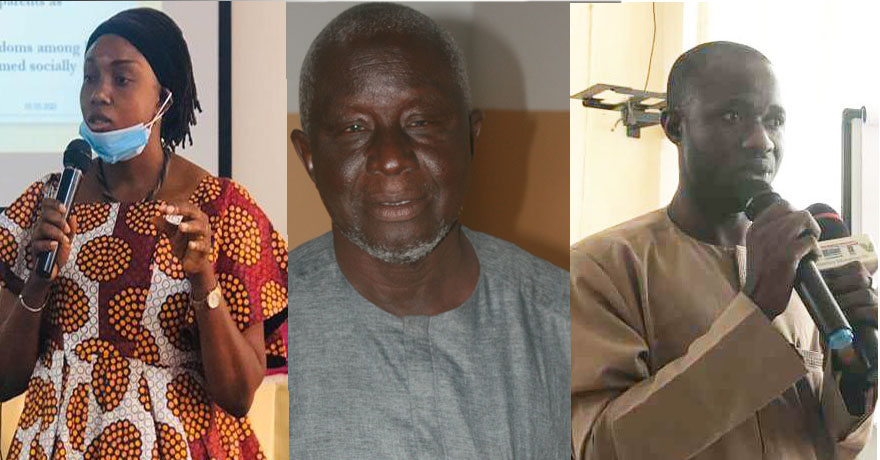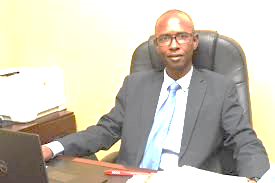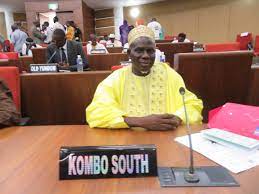By Yunus S Saliu
As the weeklong Comprehensive Health Education (CHE) co-creational forum reaches climax, one of the resource persons has described the forum as one of the most interactive and participatory segments that all the views of different stakeholders reflected within the discourse of the section.
With the level of participation of stakeholders, Dr Mat Lowe who is also a researcher hoped that the discussions from the forum will inform the development of the different intervention packages that the Curriculum Research, Evaluation and Development Directorate (CREDD) unit of Ministry of Basic and Secondary Education (MoBSE) is going to implement at the school and community levels.
Dr Lowe speaking in an interview shortly after one of his presentations at the co-creational workshop organized by the Curriculum Research, Evaluation and Development Directorate (CREDD) unit of Ministry of Basic and Secondary Education (MoBSE) said the decision of inviting different stakeholders operating in The Gambia education system, health sector, religious leaders, ward councilors, mayors (represented by deputies) NGOs, CBOs, Principals, teachers among others to the forum was for them to give their stance on how they want the CHE program implement in both school and community levels.
“So it was quite interactive, participatory and we were able to gathered quite lots of data from them which will take into consideration. Though it might be difficult to arrive at consensus because they are different viewpoints but there will be a consensus panel to agree on different intervention packages to implement based on key consideration like sustainability; feasibility; acceptability and scalability,” the resource person Dr Lowe explained.
However, Sulayman Njie (AKA) Bun-Njie, a former principal who had also worked at the MoBSE in charge of secondary education extolled the researchers of the project – ‘Strengthening Access to Quality Comprehensive Health Education in The Gambia.’
He described the CHE as an important program that has some well researched sensitive topics which most parents are not comfortable or been equipped enough to discuss, and “with its sensitivity some of our religion heads are not comfortable in discussing them in public with believe that boys issue should be discussed aside likewise girls/women issues, too.”
But with CHE, he said, the young ones at the school and community levels will be equipped with requisite knowledge that they will be able to handle the challenges of life as regarding their health.
This is “because boys and girls are growing faster and mature, and so fast in all the development areas that if we as parents don’t have the opportunity to talk to them they will learn from hard way or from wrong source,” he noted.
The Principal Investigator of the project for Strengthening Access to Quality Comprehensive Health Education for in-and-out of School Adolescents in Region One, Ms Phebian Ina Grant-Sagnia disclosed that adolescents in The Gambia are faced with limited access to quality Comprehensive Health Education despite the presence of numerous policy frameworks and interventions
She disclosed that adolescent-parent communication about sexual and reproductive health issues including discussions on menstruation, prevention of pregnancy and contraceptive is limited.
Among reasons responsible for this, she explained were mostly cultural, due to shame and shyness but also to the competing responsibilities of parents as breadwinners; limited coordination across various implementing agencies of sexual and reproductive health programs; policy restrictions and societal norms that perceived discussions on sexual and reproductive health issues as highly culturally sensitive.
However, the project, Strengthening Access to Quality Comprehensive Health Education in The Gambia is an implementation research project done by Ministry of Basic and Secondary Education with funding from International Development Research Center (IDRC), Canada.





